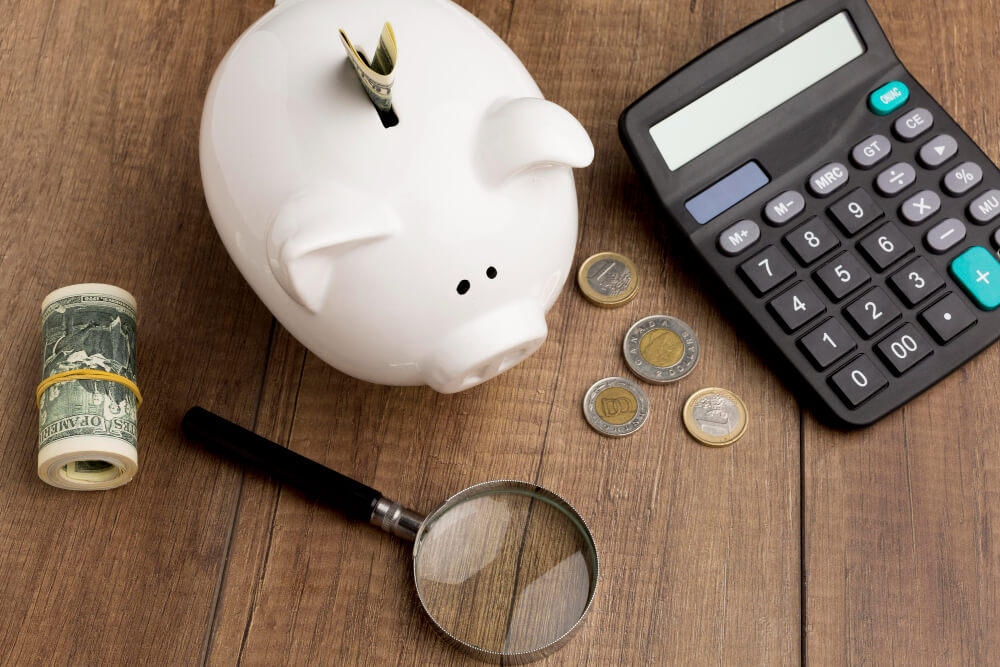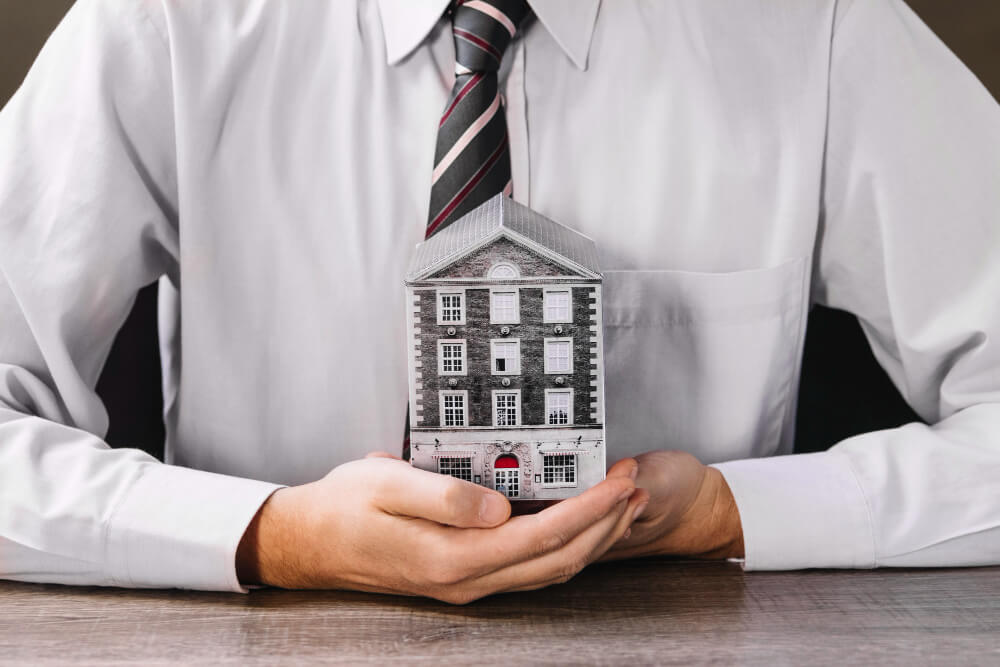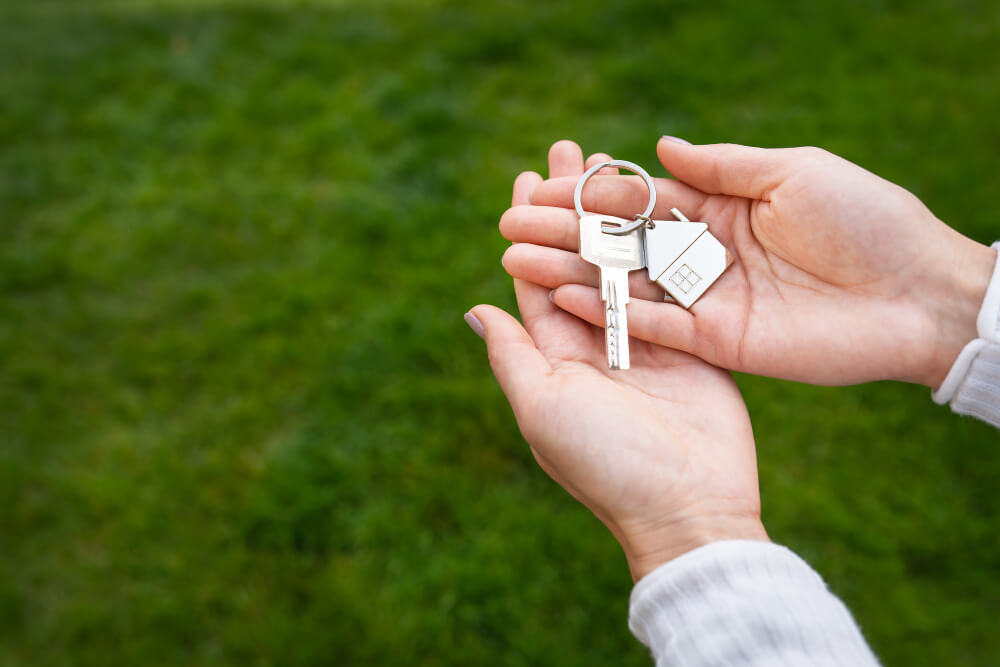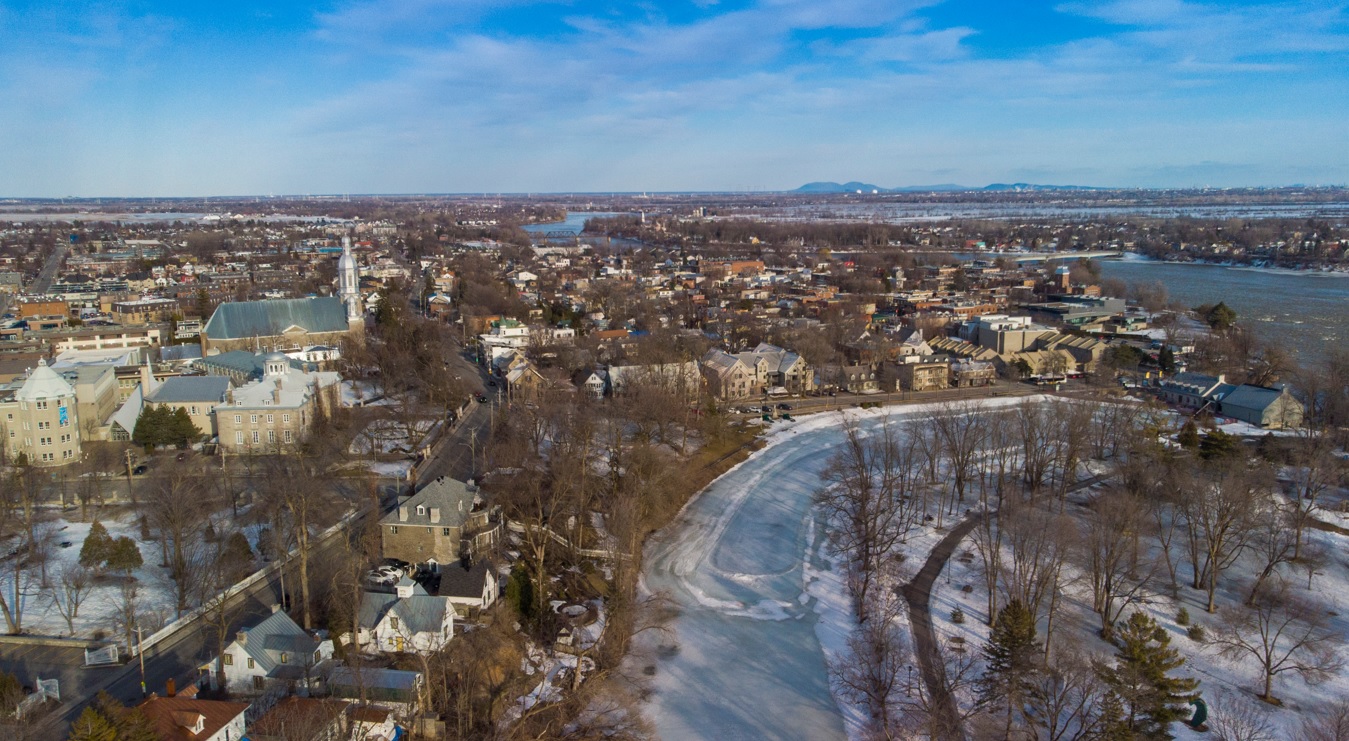What’s The Average Down Payment for a House?

It’s not easy saving for a home. In fact, 3 out of every 10 first-time home buyers believe saving for a down payment is the hardest part of the home-buying process. But when you have a clear objective, you can get yourself through just about anything. Now, let’s determine how much of a down payment you require so that you can know what to aim for.
What is a reasonable down payment sum? Everyone has a different perspective on this, but you must do this correctly if you want your house to be a good thing rather than a burden. The best method for determining how much of a down payment you require will be shown to you.
However, before we get into the specifics, let’s define exactly what a down payment on a house is.
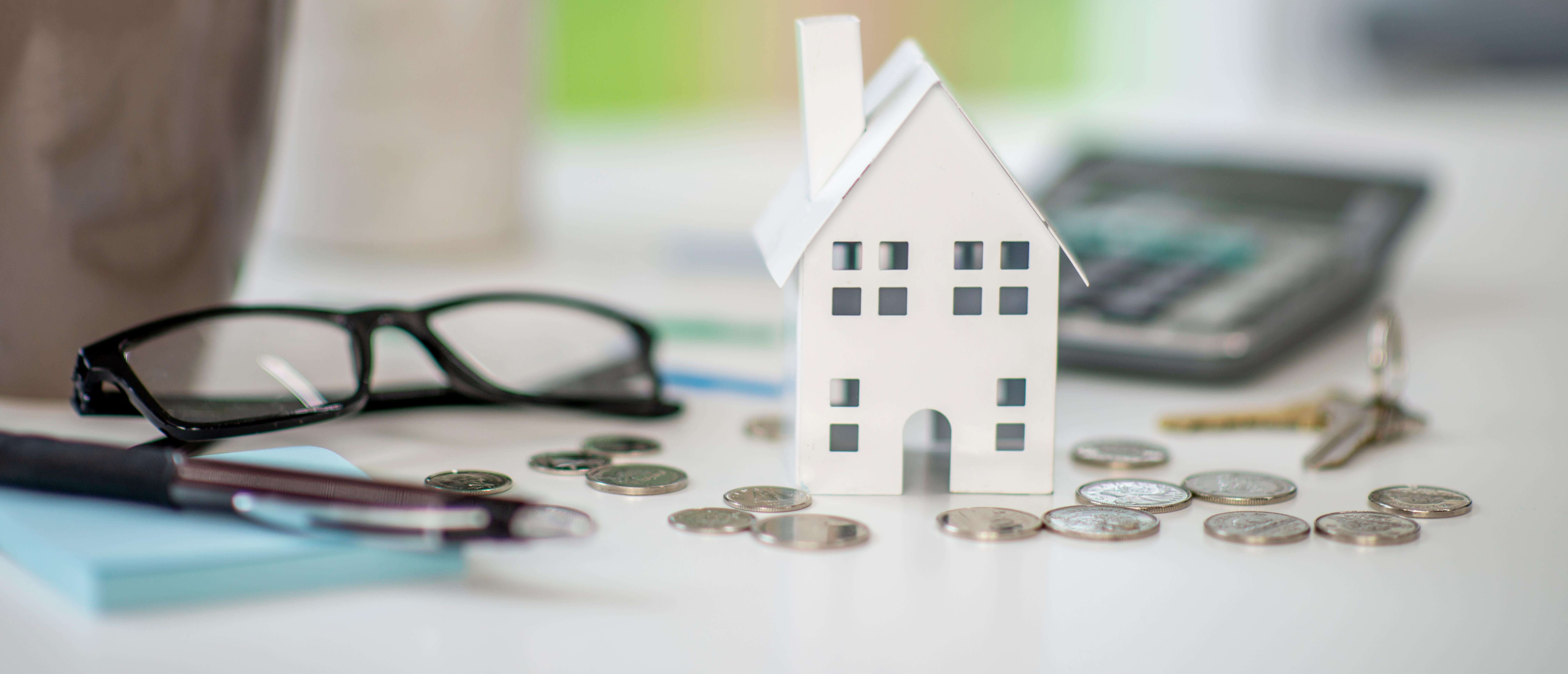
What is A Down Payment?
A down payment is a part of the total cost of the home that you pay up front.
What Should I Put Down as a Down Payment?
You should try to put a down payment of at least 20% of the price of the home. This baseline is mainly based on rules established by entities supported by the government. Banks view loans with down payments of less than 20% as riskier, therefore in order to protect themselves, they raise the cost of your mortgage.
If you’ve bought a home before, you’ve probably accrued a sizeable amount of equity through paying down your mortgage, and rising property prices have increased your equity even further. That makes it a lot easier to make a 20% down payment. To access that equity, all you have to do is sell your existing home. You will have a substantial down payment on your future property.
A smaller down payment of 5–10% is acceptable if you’re a first-time home buyer, but you will still be required to pay the monthly fees.
Exactly How Much of a Down Payment Does the Average Person Make on a House?
The typical down payment today is 12 %. Not too terrible since that is within our advised 5-20% range, right? Despite the fact that down payment levels have largely dropped over time, you shouldn’t immediately jump on board. Approximately 30 years ago, the average down payment for all buyers was a healthier 20%, but I’m not going to bore you with a history lesson.
Down Payment Options
There are options for purchasing a home with less than a 20% down payment. We already mentioned that first-time homebuyers can make a down payment of between 5 and 10 percent. But be very careful. Some mortgage policies allow you to buy a home with as little as a 3.5 percent down payment—or even with no down payment at all! On the surface, that could seem appealing, but don’t fall for it.
Anything less than 5–10% is actually a very weak down payment and a guaranteed way to mess up on a mortgage. Additionally, you’ll lose a lot of money throughout the course of your mortgage in interest and fees.
Is a Down Payment of 5–10% on a House Enough?
A 5–10% down payment is acceptable if you’re a first-time home buyer, keep in mind. Remember that any down payment below 20% will result in the monthly fee, which will raise your mortgage payments. On a 15-year fixed-rate conventional loan, you’ll be fine as long as your mortgage payment does not exceed 25% of your monthly take-home pay.
How Low-Down-Payment Mortgages Are Bad
The purpose of “special” loan options, which let you put almost no money down, is to help people who can’t get approved for a mortgage that complies with conventional lending requirements. But keep in mind that lenders who approve mortgages with low down payments ultimately take more of your money over time. So, do they actually assist those in need? In our opinion, no.
How Does Your Down Payment Amount Affect Your Mortgage?
The general rule regarding down payments is as follows: a smaller down payment translates into more spending on your property; a larger down payment translates into less spending.
Advantages of a Big Down Payment
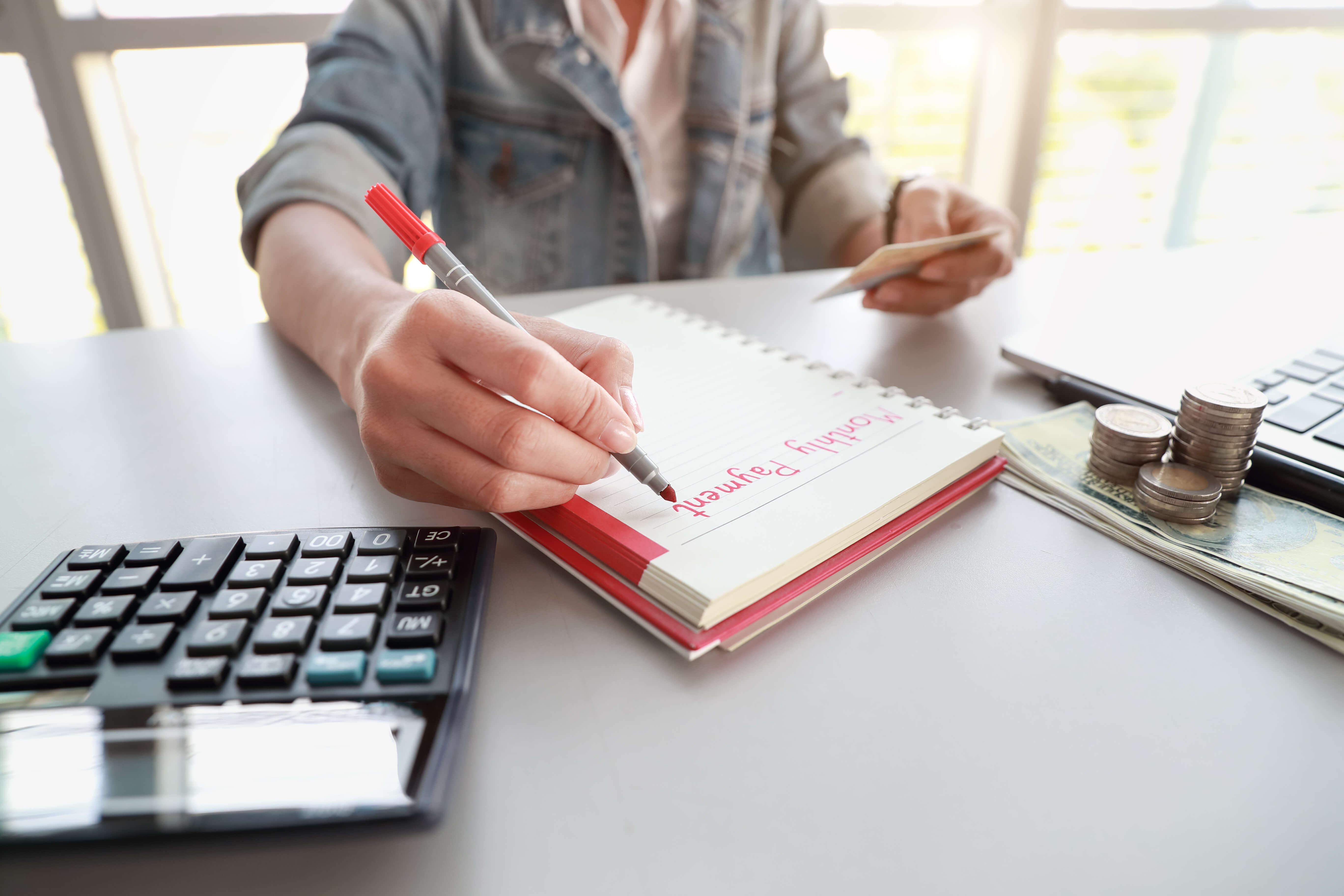
We get it. The hardest and most stressful parts of purchasing a home is saving for a down payment. However, persistence and patience are very rewarding.
Don’t give up now if you’re still saving for a sizable down payment despite not having reached your target. Learn to enjoy some delayed gratification. For these crucial reasons, putting down 20% will be well worth the effort.
- Your chances of obtaining a mortgage are improved.
- Most likely, your interest rate will be lower.
- Less money will be paid each month.
- Your home will be paid off faster.
Remember, making a smaller down payment won’t save you money. You wind up paying more for your property than it is worth when you take into account the higher interest rates and significant fees associated with this mortgage choice.
Are You Prepared to Buy a Home?
An experienced real estate broker can help if you have already saved up a down payment but are unsure if it is high enough to buy a home in the neighborhood you’d like. You may find homes for sale that fit your budget a lot easier with the help of real estate brokers who know your market.
Share
